When Intellectualism Becomes Complicit How Ethiopia’s intellectual legacy must confront its role in cultural erasure and ideological domination.
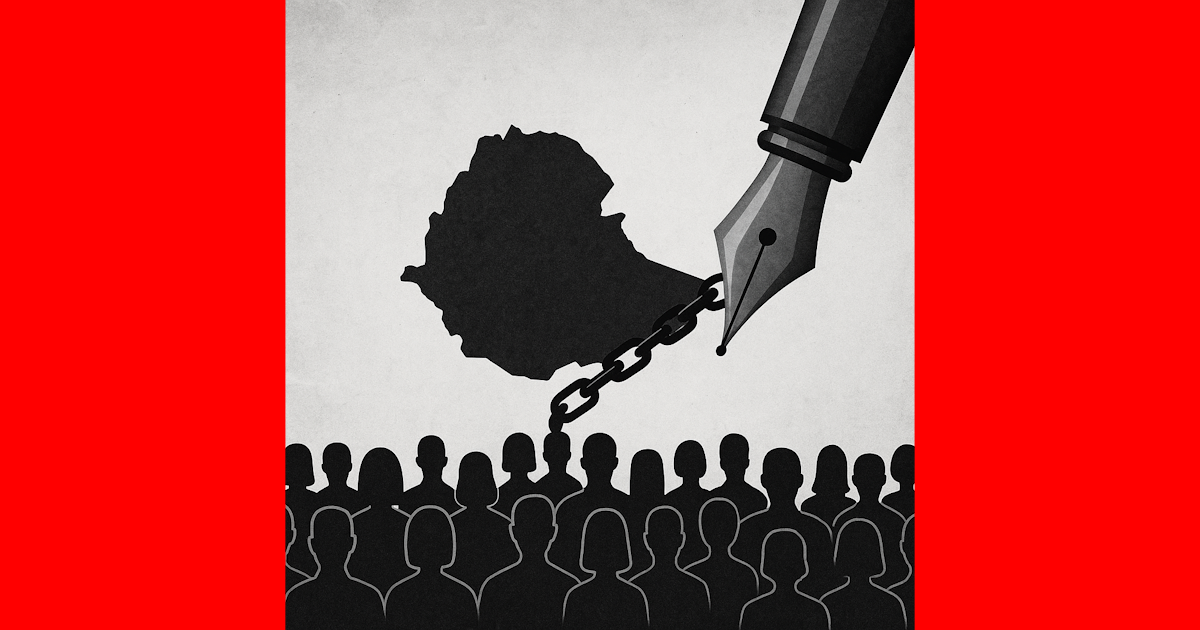
Excerpt:
When intellectualism aligns with power instead of truth, it risks becoming a refined tool of domination. This reflection challenges the legacy of Ethiopian academia and calls for a return to ethical, justice-driven scholarship.
Introduction
Throughout history, intellectuals have often served as society’s conscience—interpreters of truth, critics of power, and illuminators of the human condition. But when intellectualism is co-opted to rationalize, praise, or even architect acts of gross human rights violations, it loses its essence and morphs into an instrument of domination. Nowhere is this clearer than in the case of Ethiopia, where figures like Haile Tedla used their intellectual stature to advance policies that erased the identities of entire peoples, particularly the Oromo [1].
When Knowledge Serves Power
Intellectual complicity in cultural erasure is not unique to Ethiopia. Across time and geography, regimes have enlisted thinkers to provide ideological scaffolding for their crimes. In Nazi Germany, legal scholars and philosophers legitimized genocide. In the colonial empires, anthropologists and linguists ranked human populations to justify enslavement and conquest. These are examples of what can be called “instrumental intellectualism”—the use of knowledge not to liberate but to subjugate.
When other intellectuals rise to challenge such distortions, they often do so at great personal and professional cost. Yet this resistance is critical. It fosters historical reckoning, challenges dominant narratives, and reorients intellectualism toward its rightful ethical compass. Ethiopian scholars who confront the legacy of cultural imperialism—who call out the role of elites in silencing Oromo voices, languages, and histories—perform not merely academic work but a moral duty.
What then guards the real intellectual from being swept into the current of power and ideology? The answer lies in ethical grounding. A true intellectual is guided by a commitment to truth, even when inconvenient; a resistance to the seduction of proximity to power; and an empathetic imagination capable of identifying with the silenced and dispossessed. It is this moral tethering that distinguishes the thinker who illuminates from the one who dominates.
Ethiopia’s Intellectual Reckoning
This ethical imperative is not abstract—it has living examples in global thought. Figures like Edward Said, Frantz Fanon, and Ngũgĩ wa Thiong’o exemplify this ideal. They stood not above the people but with them, using their intellect to dismantle hegemonies rather than sustain them. For Ethiopia to heal, it too must reckon with its intellectual history—interrogating the narratives that justified assimilation, silencing, and structural violence.
This becomes personal when I recall an article in the International Journal of Ethiopian Studies (IJES) referring to Haile Tedla with the phrase “luminaries like.” This seemingly minor choice of words reveals a larger discomfort: to what extent are IJES editors, whether consciously or not, still beholden to the ideological foundations of the Ethiopian project? How deeply embedded are the filters that allow for the veneration of those who architected cultural erasure [2], while marginalizing the voices of the oppressed?
This question goes beyond one journal or one figure. It touches on the role of the learned society itself. While I picked on the IJES as an example with a pointed reference, the same concern extends to other learned societies in disciplines where state-driven biases have long been expected—notably in Ethiopian history, law, geography, language, and cultural studies. In a country that once followed a blueprint for identity erasure, these academic fields often became the arenas where personal, cultural, and geographical erasures were rationalized or rendered invisible under the guise of scholarly work.
What if our academic institutions, instead of being lanterns of enlightenment, have served as refined instruments of domination?
In the Information Age, where records are digitized and archives are no longer the province of the elite few, everything is being pulled into the spotlight—exposed to unprecedented scrutiny. The digital village we now inhabit compresses time and distance, allowing history to speak louder and more inclusively than ever before.
As we unearth long-suppressed truths and rethink national myths, it becomes clear that history is not merely remembering the crimes of power—it is also beginning to remember those who enabled those crimes through distortion, silence, or selective intellectualism. The era of unaccountable thought leadership may be coming to a close.
In Conclusion
Let us not be deceived by the polish of language or the prestige of academia. Intellectualism, when divorced from conscience, becomes a velvet glove on the iron fist of tyranny [2]. It is only when it remains anchored in justice, truth, and empathy that it can serve its highest purpose: to liberate minds and, through them, societies.
When intellectualism becomes complicit, it rings a cautionary reflection on the role of thinkers in times of oppression.
Related Reference
- Richard Pankhurst, Tedla Haile and the Problem of Multi-Ethnicity in Ethiopia, 1998, Northeast African Studies Periodicals.
- Editorial, Haile Selassie’s Chilling Assimilation Blueprint of 1933 for the Oromo: When ‘Unity’ Meant Erasure, May 7, 2025, OROMIA TODAY.
Endnotes—Courtesy of Wikipedia)
Edward Wadie Said (1 November 1935 – 24 September 2003) was a Palestinian-American academic, literary critic, and political activist. As a professor of literature at Columbia University, he was among the founders of post-colonial studies. As a cultural critic, Said is best known for his book Orientalism (1978), a foundational text which critiques the cultural representations that are the bases of Orientalism—how the Western world perceives the Orient. His model of textual analysis transformed the academic discourse of researchers in literary theory, literary criticism, and Middle Eastern studies.
Frantz Omar Fanon (20 July 1925 – 6 December 1961) was a French West Indian psychiatrist, political philosopher, and Marxist from the French colony of Martinique (today a French department). His works have become influential in the fields of post-colonial studies, critical theory, and Marxism. As well as being an intellectual, Fanon was a political radical, Pan-Africanist, and Marxist humanist concerned with the psychopathology of colonization and the human, social, and cultural consequences of decolonization.
Ngũgĩ wa Thiong’o (born James Ngugi, 5 January 1938) is a Kenyan author and academic, who has been described as “East Africa’s leading novelist”. He began writing in English, switching to write primarily in Gikuyu. His work includes novels, plays, short stories, and essays, ranging from literary and social criticism to children’s literature. He is the founder and editor of the Gikuyu-language journal Mũtĩiri. His short story The Upright Revolution: Or Why Humans Walk Upright has been translated into 100 languages.

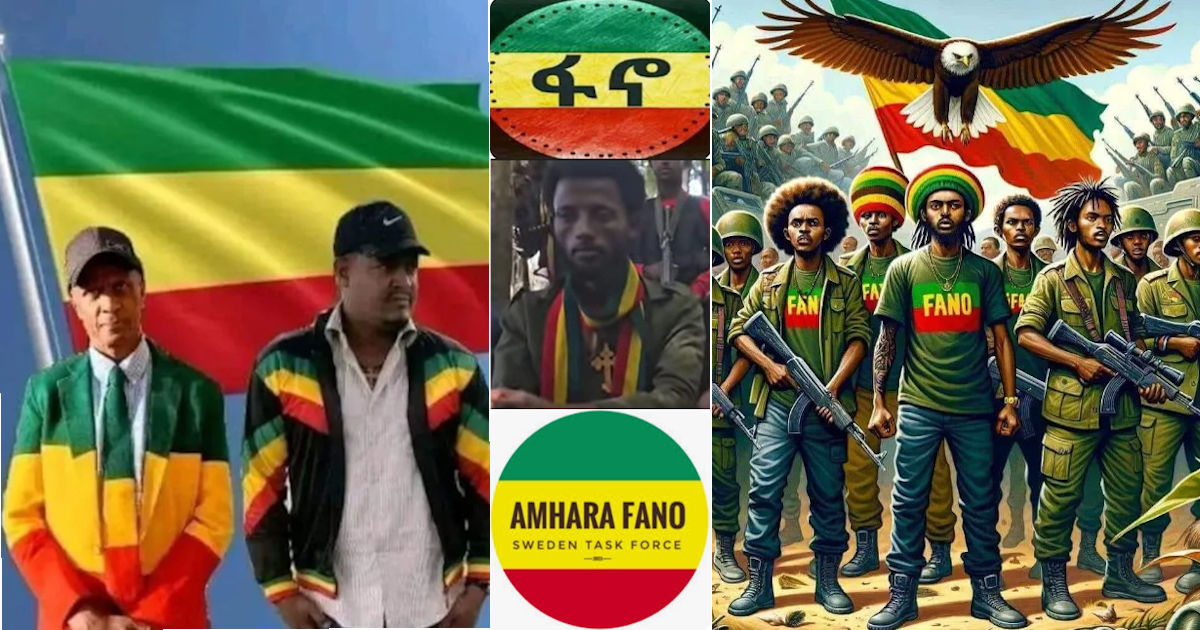
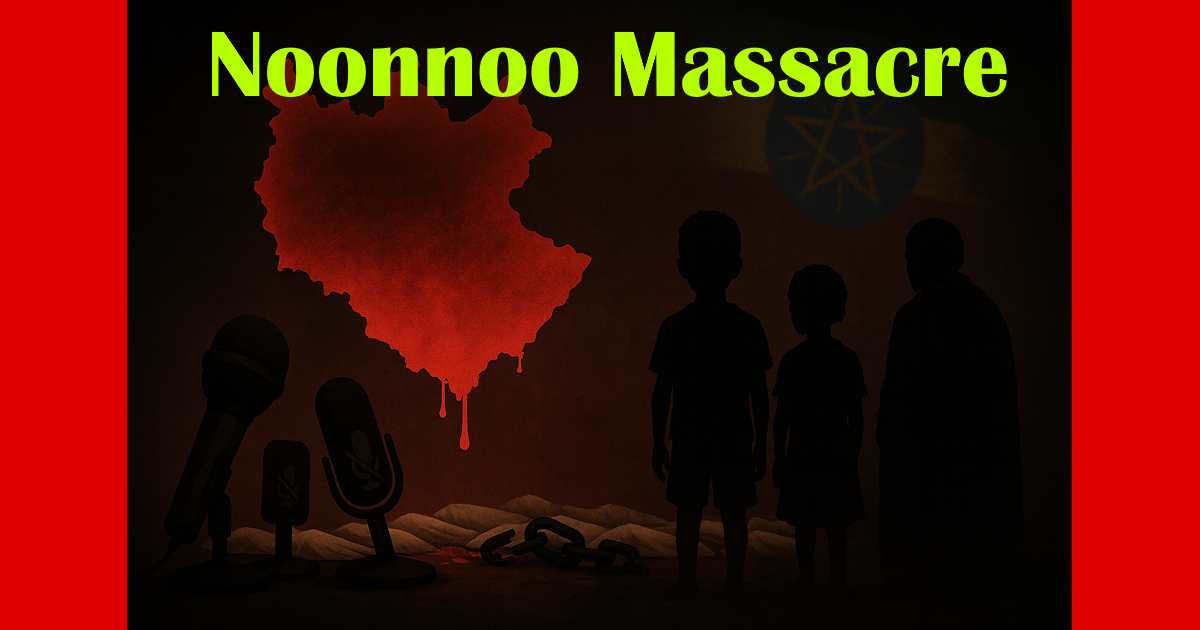
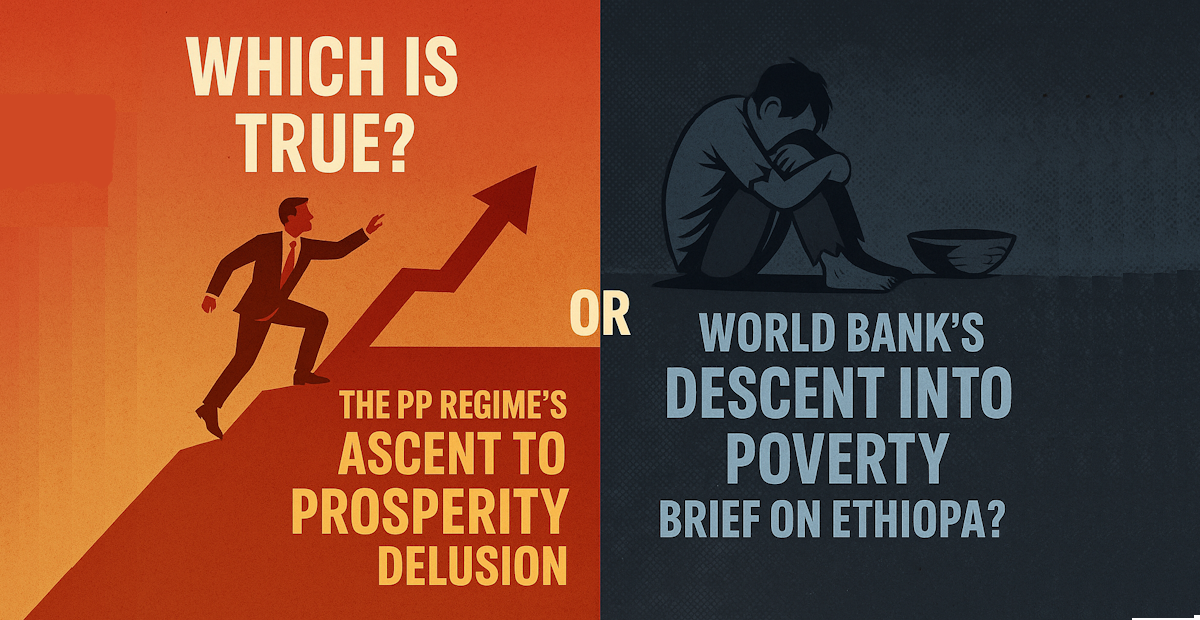
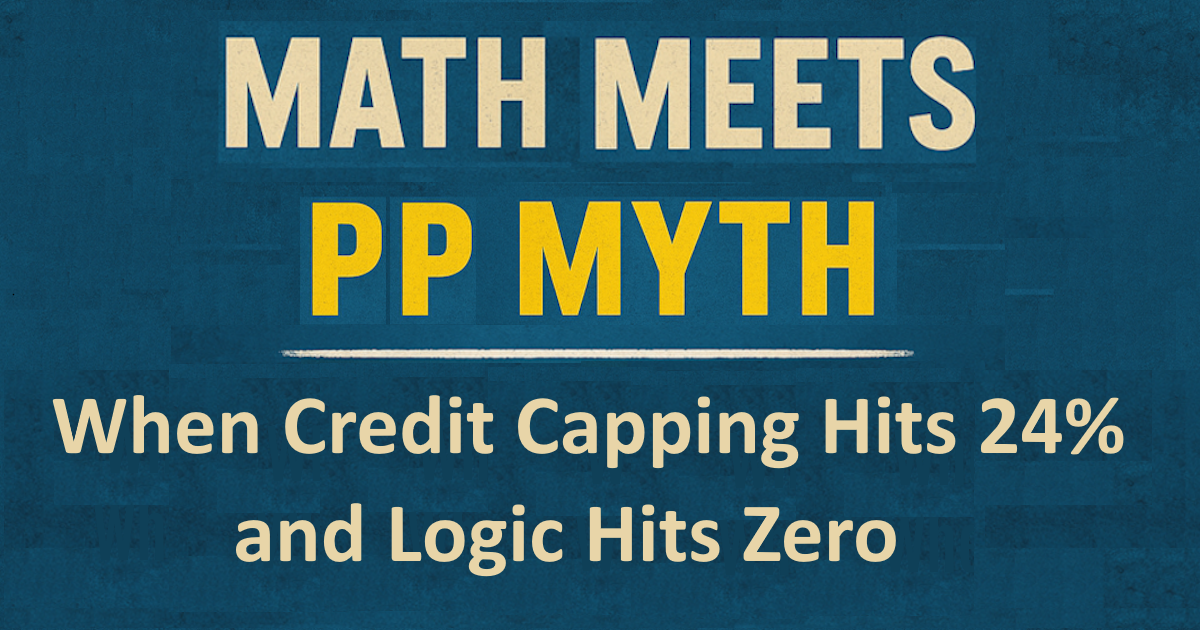
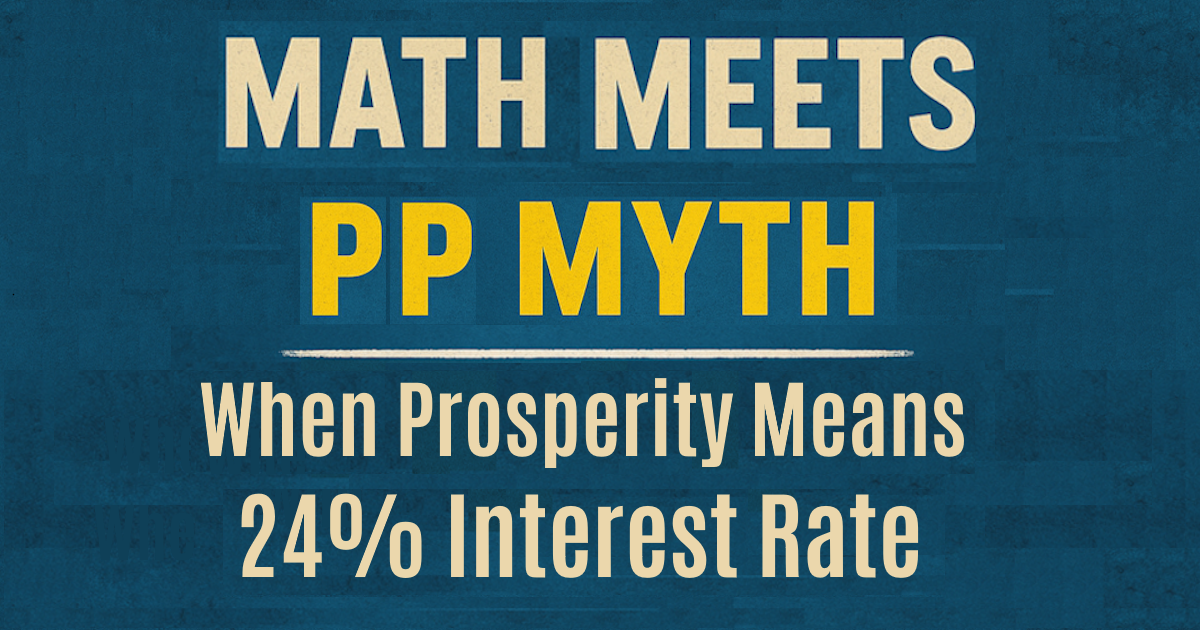

I have been browsing online more than three hours today, yet I
never found any interesting article like yours. It is pretty worth enough for me.
Personally, if all website owners and bloggers made good content
as you did, the internet will be much more useful than ever before.